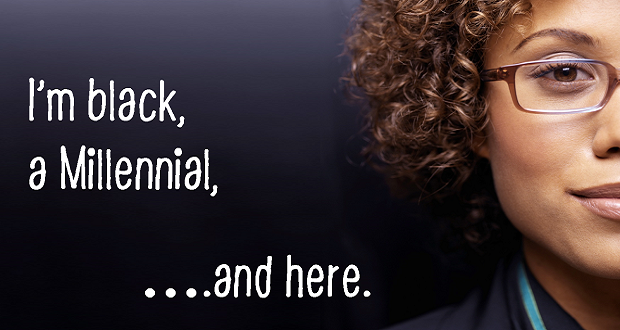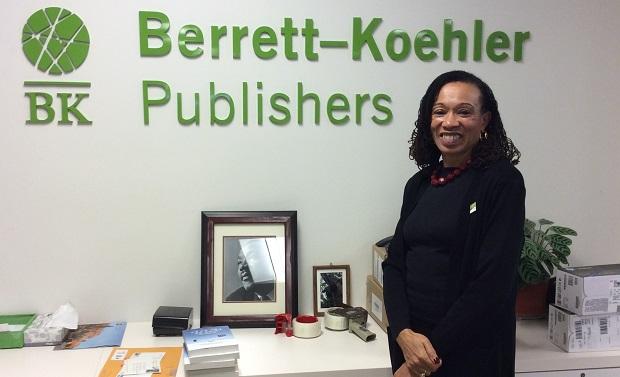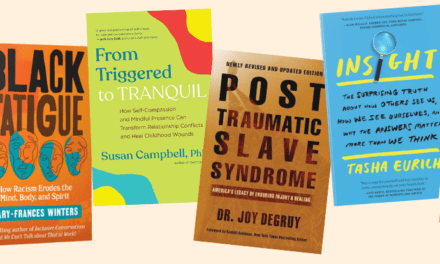
“I am a Millennial and woman of color. Working in an environment that is predominantly white and mostly Baby Boomers, I am almost always wearing my race and age on my shoulders. In most cases, I am the youngest and only person of color in the room. Although my ‘colorblind’ or ‘Gen-Y friendly’ colleagues and leaders would never admit it, I feel like my age and race are the first things they see. I don’t take offense to that. I own my identities; they’re part of who I am. That is not to say, it comes without its challenges.
When I was first hired in a leadership role with my organization, it wasn’t uncommon for me to be mistaken as an intern or front line employee. The looks I would get when I attended certain meetings suggested a subtle questioning of ‘Who are you and why are you here?’ I mean, I understood why (I was new)—but that didn’t make being there any less uncomfortable for me. When I spoke or presented, and (clearly to their surprise) did well, my efforts were often times met with, ‘Wow, you are so articulate! You speak and present so well. You know your stuff!’ While I appreciated the ‘positive’ feedback, a piece of me struggled with understanding why they were so surprised. Is it because I’m Black? Is it because I’m young? I’ve been in the workforce for five years, have two degrees, and a rack of college debt to prove it—what did you expect?
I consider myself a subject matter expert in my field. I work very hard to keep myself relevant, up-to-date, and am constantly building my credibility. So, it can be really frustrating and discouraging when I propose an idea or plan, am met with indifference, but see/hear the same information better received coming from someone older, more tenured. Perhaps, that is just how it is, but it doesn’t make these situations any less stifling.
Some of the common narratives around Gen Y and Millennials don’t really help, either. Yes, I grew up in the technology-age, and have Facebook and Twitter accounts, but that doesn’t mean I am inherently better at social media marketing or related tasks, nor do I want to take on that role in every project team I’m assigned to. In fact, I actually prefer getting face-time and connecting/building relationships with people in person. I enjoy strategic projects that impact the business, and given the opportunity and support, I have the capacity to effect real change. It might sound cliché and idealistic–but I really do want to make a difference.
As the workplace and leadership teams become more diverse, I am hopeful that some of these nuances will be less prevalent. Millennials [of color] in leadership will be more of a ‘norm,’ and we’ll continue debunking the myths that suggest we are all inexperienced, job hoppers who don’t know what they want to do.”


















